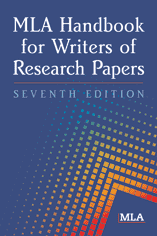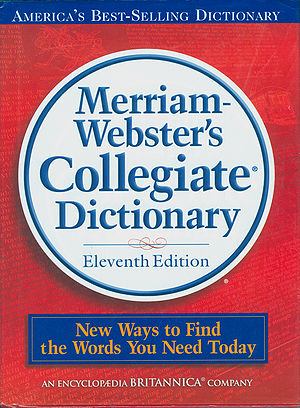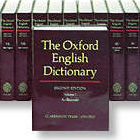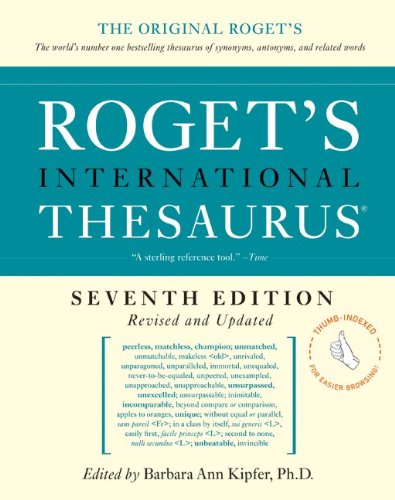| Announcements |
! Literary Exhibition: Guidelines
for your final paper and directory for ongoing projects are
given on the Literary
Exhibition information page.
! Fireside Readings: Online live fireside readings
happen every weekday at 8:00–8:30 p.m., beginning Tuesday,
January 19, 2021 at this Zoom Meeting Room. See the reading schedule and/or sign up to
read. Drop in if you'd like to listen to a particular
selection and talk about it.
! Course Blackboard: Currently the five
novels/novellas are available for you to download as PDFs
from the folder "Novels" on our course Blackboard Ultra. Short stories and
articles are in the folder "Course Packet." Media and
supplementary reading are in their respective folders.
|
|
| Course Outline |
Course
Description: British fiction from the twentieth
century to the present has experienced great changes and
produced wide-ranging impact. Ideas about fictional forms,
authorship, readership and Britishness are defined,
redefined and questioned. The resulting literature traveled
far and wide, jump-starting the modern literary scene in
many countries including Thailand. We will examine a range
of fiction and discuss the issues it raises about literary
craft, production and media, values and context, scholarship
and new directions. We will read both well-known and lesser
known authors whose work and ideas have influenced, defined
and interrogated British fiction such as Rudyard Kipling,
Joseph Conrad, E. M Forster, Agatha Christie, Virginia
Woolf, Salman Rushdie, Timothy Mo, A. S. Byatt, Julian
Barnes, and Aminatta Forna. Class Time: T 2:30–4:00, Th 2:30–4:00 Class Location: Live class sessions (classcasts) will be conducted via Zoom. Links to each session are provided on our detailed schedule. Required
Texts: All course reading is available in digital and
hard copy. PDF files of required and supplementary material
are on Blackboard. Paper copies of the packet
and all novels are available for purchase from khun On (Call
09 2621 0992 to order). Her shop is near the security desk
of Maha Vajirunhis
Building (yellow starred on the map), Faculty of
Science; hours: M–F 8–5 (COVID-19 guidelines may affect
these regular times. Call to check or arrange for delivery
with khun On.) All novel titles are in Chula libraries. For
the Arts Library system during work-from-home period, search
your item on OPAC
as usual, and make your book request by clicking Arts Book
Request below the status indication. Items requested before
Thursday noon can be picked up at the ID card gate to the
Maha Vajiravudh Building library that Friday. You are
welcome to acquire your own copies from your favorite book
vendors. The publisher and year information given below are
editions used in this course.
Requirements and Expectations
|
|
| Studying British Fiction |
|
|
| Writing |
|
|
| Links |
|
|
| Essential References |
|
MLA Handbook for Writers of Research Papers. 7th ed. Modern Language Association of America, 2009. |
|
|
Merriam-Webster's Collegiate Dictionary. 11th ed. Merriam-Webster, 2008. | |
|
|
Oxford English Dictionary. 2nd ed. 20 vols. Oxford UP, 1989. | |
|
|
Roget's International Thesaurus. 7th ed. Ed. Barbara Ann Kipfer, Harper, 2010. | |



